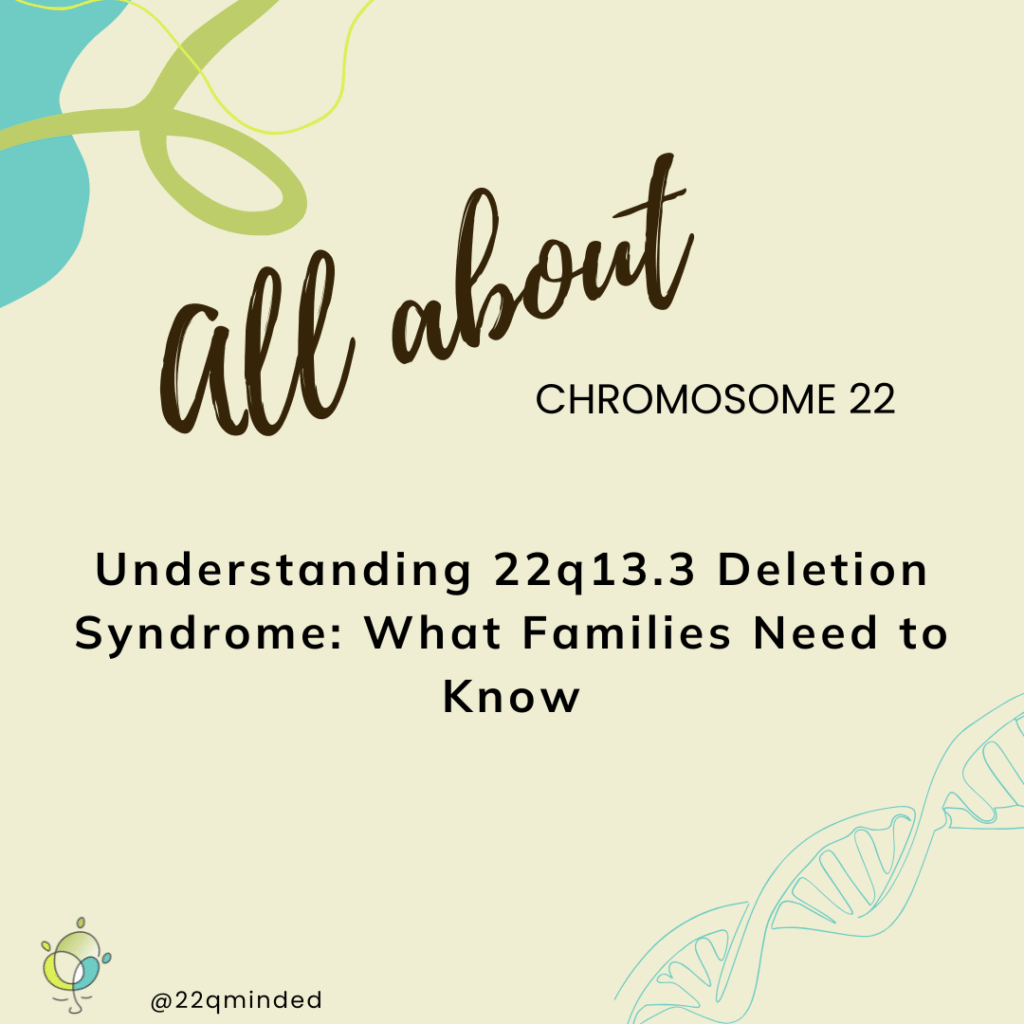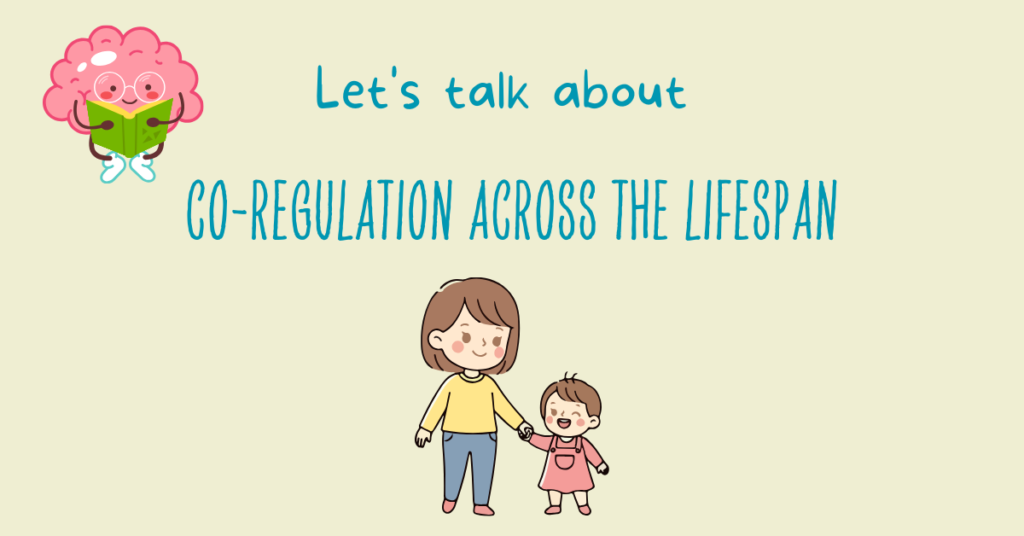Parenting a child with a genetic condition can feel like navigating a journey without a map. You may find yourself juggling appointments, decoding unfamiliar terms, or facing the weight of unanswered questions. If you’re feeling overwhelmed, you’re not alone.
Many families walk this path—seeking clarity, community, and the best way forward for their child. This blog aims to shed light on a lesser-known genetic condition called 22q13.3 deletion syndrome, also known as Phelan-McDermid Syndrome (PMS). Understanding this condition can be a powerful step toward accessing the right care and support for your family.
When Genetic Differences Lead to Syndromes
Every person has two copies of chromosome 22, inherited from their biological parents. In PMS, a small piece from the end of one copy of chromosome 22 is missing. This deleted section, known as band 13.3, often includes a gene called SHANK3, which plays a crucial role in brain development and function.
Like other genetic syndromes, this deletion can affect many areas of life, including development, learning, communication, and health. While some genetic conditions are widely recognised and diagnosed early, PMS can be more difficult to detect. It’s rare and is only estimated to occur in 1 in 10,000 to 1 in 20,000 newborns although it has been proposed that the condition is underdiagnosed, meaning many individuals may go undetected or misdiagnosed for years.
Why a Genetic Diagnosis Matters
More than 1,200 cases of PMS have been reported worldwide, but each child’s experience is unique. The size of the deletion and which genes are missing can vary. Most commonly, the loss of SHANK3 is associated with core features such as:
- Delays in speech and language (some children are non-speaking)
- Global developmental delay
- Low muscle tone in infancy (hypotonia)
- Feeding difficulties and gastrointestinal concerns
- Decreased sensitivity to pain
- Sleep disturbances
- Intellectual disability
- Autism traits, ADHD, and anxiety
While this list might feel overwhelming, remember: not every child will have every feature. Some individuals may face multiple challenges, while others may show only a few signs. A genetic diagnosis provides answers that can help guide decisions about therapies, education, and health care planning. It’s a piece of the puzzle that helps families and professionals work together with greater clarity.
Building Support and Connection
Receiving a diagnosis of PMS can be an emotional moment, bringing both relief and new questions. But knowing the name of the condition can make it easier to:
- Access the right therapies (speech, OT, physio)
- Advocate for school and community support
- Understand how the condition may affect future family planning (PMS is usually spontaneous, or de novo, but if inherited, there’s a 50/50 chance of passing it on)
- Connect with other families facing similar experiences
Organisations such as the Phelan-McDermid Syndrome Foundation provide helpful resources, family stories, and opportunities to connect with support networks worldwide.
Looking to the Future
As research continues, scientists are learning more about how PMS affects the brain and body. Understanding which genes are involved—especially SHANK3—also opens the door to targeted treatments and therapies that may support learning, communication, and emotional regulation.
A diagnosis today can help families:
- Plan for medical and developmental needs
- Prepare for transitions in education and support
- Make informed decisions that reflect their values and goals
- And every diagnosis adds to what we know, contributing to future research and better outcomes for the next generation.
In Summary
22q13.3 deletion syndrome is more than a genetic condition—it’s a journey that affects real people, real families, and real lives. By understanding the science, we can open the door to compassion, connection, and care that makes a difference.
To learn more, register for our on-demand webinar “Talking about 22q with my child“. You might also be interested in the book Chromosome Magic: The Science of 22q and You by Dr Linda Campbell (published by 22qMinded). To learn more, speak with your healthcare team or visit Phelan-McDermid Syndrome Foundation. We also recommend reaching out to international and national support groups, as they can offer guidance and support.




